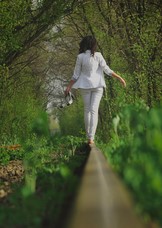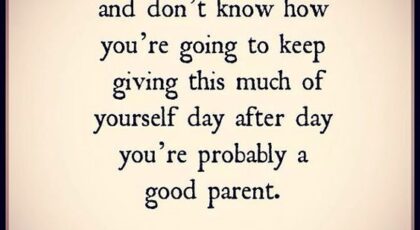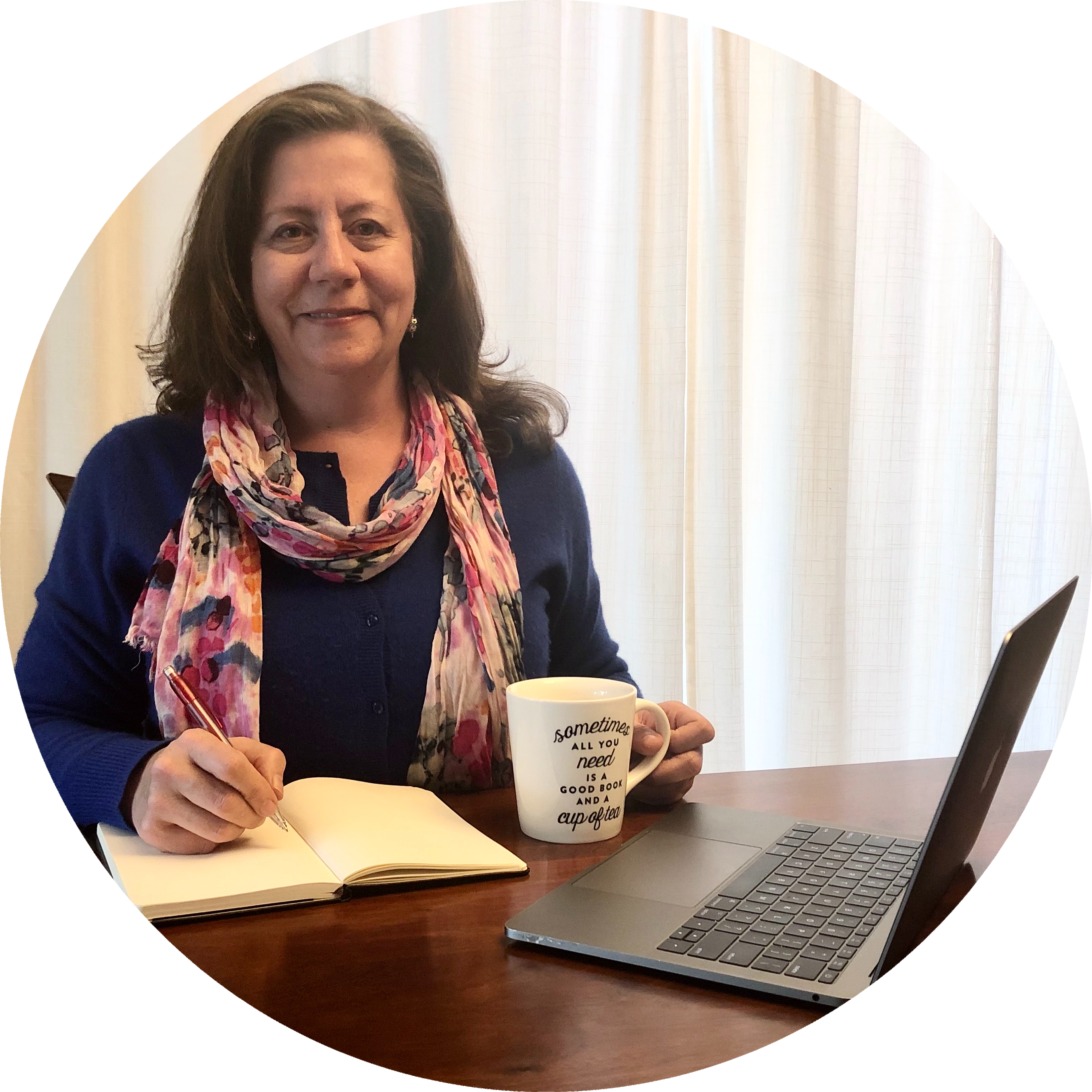A few weeks ago, my daughter’s choir hosted a treble training festival for several other children’s choirs in southern Ontario. They’re always great events, when these well-trained choristers come together, work with a guest conductor and finally, hold a joint concert where they raise their voices in song and raise the rafters of whatever church has been borrowed for the occasion. The kids work hard during that day, as evidenced by the 87 pizzas we the 150+ choristers put back for dinner!
But that’s not the point of this story.
I like to sit quietly in the back while the (mostly) girls are put through their paces one last time before the concert. I often learn from the guest artist, as he or she offers last minute polishing advice. But this time was different.
My daughter is getting older. Almost 15 (gulp!), she practices without me and I don’t get to hear the music she’s working on any more. So I listened intently for the first time to the words that come from of a poem I don’t know, set to haunting music that I’d not heard before.
With just the first line ringing in the venue, I was suddenly overcome with emotion. And it happened again during the concert. I know I was not the only mother with tears running down her face.
Your children are not your children….
What? What kind of song was that for a children’s choir to be singing? Of course my children are my children.
…You can give them your love but not your thoughts….
Huh? Isn’t that exactly what I’m supposed to do? Teach them to think?
…You may house their bodies but not their souls….

As I dried my tears and the words washed over me, it suddenly occurred to me that my teenagers and I are entering exactly in the place this song is talking about. I’ve done my best to raise them, to teach them and to give them all I can. But they’re growing into their own people with their own thoughts, dreams and lives to live that will eventually be theirs alone. And while it’s bittersweet, I’m so proud of who they’re becoming. I see it most in my eldest of course, but the other two are not far behind.
He’s finishing up his first year at university, many hundreds of kilometres away, but I can see the adult he’s turning into. I may have given him the grounding, but as the song says, he has his own thoughts – not mine. He is yearning for the tomorrow that will be his to grasp and command. And that’s as it should be.
It turns out that the lyrics the kids sang are the words to a poem called On Children (you can find the poem at the bottom of this post), by of Lebanese poet, author and artist Khalil Gibron, set to music in 1980 by Ysaye M. Barnwell. Gibron is, as Wikipedia tells me, the third best-selling poet of all time after Shakespeare and Lao-Tze. There’s a beautiful rendition of it by Barnswell’s Sweet Honey in the Rock on YouTube, but one that’s more likely to tug at parents’ heartstrings is this version by three young ladies. Somehow, it seems more poignant coming from children themselves.
The words have been rattling around in my head since I first heard them. When I looked up the poem, I discovered an extra stanza not used in the song, comparing parents to the bows that send their little arrows out into the world. I hope mine go swift and far down the paths they choose for themselves.
On Children
By Khalil Gibron
Your children are not your children.
They are the sons and daughters of Life’s longing for itself.
They come through you but not from you,
And though they are with you yet they belong not to you.
You may give them your love but not your thoughts,
For they have their own thoughts.
You may house their bodies but not their souls,
For their souls dwell in the house of tomorrow,
which you cannot visit, not even in your dreams.
You may strive to be like them,
but seek not to make them like you.
For life goes not backward nor tarries with yesterday.
You are the bows from which your children as living arrows are sent forth.
The archer sees the mark upon the path of the infinite,
and He bends you with His might that His arrows may go swift and far.
Let your bending in the archer’s hand be for gladness;
For even as He loves the arrow that flies,
so He loves also the bow that is stable.



